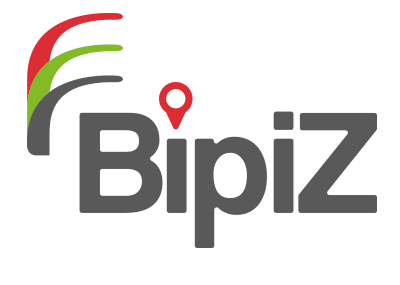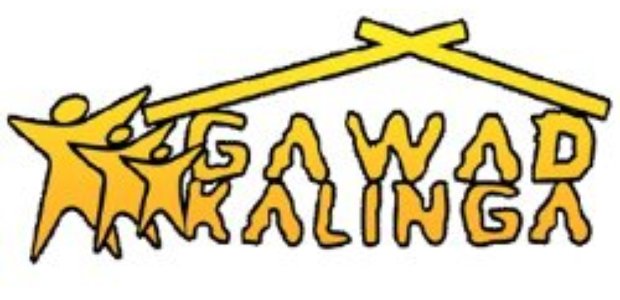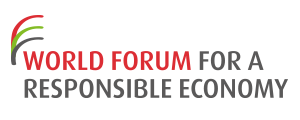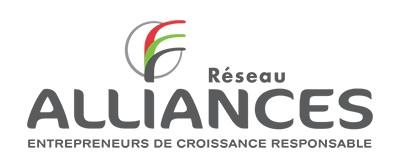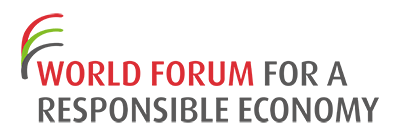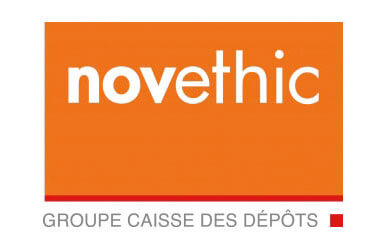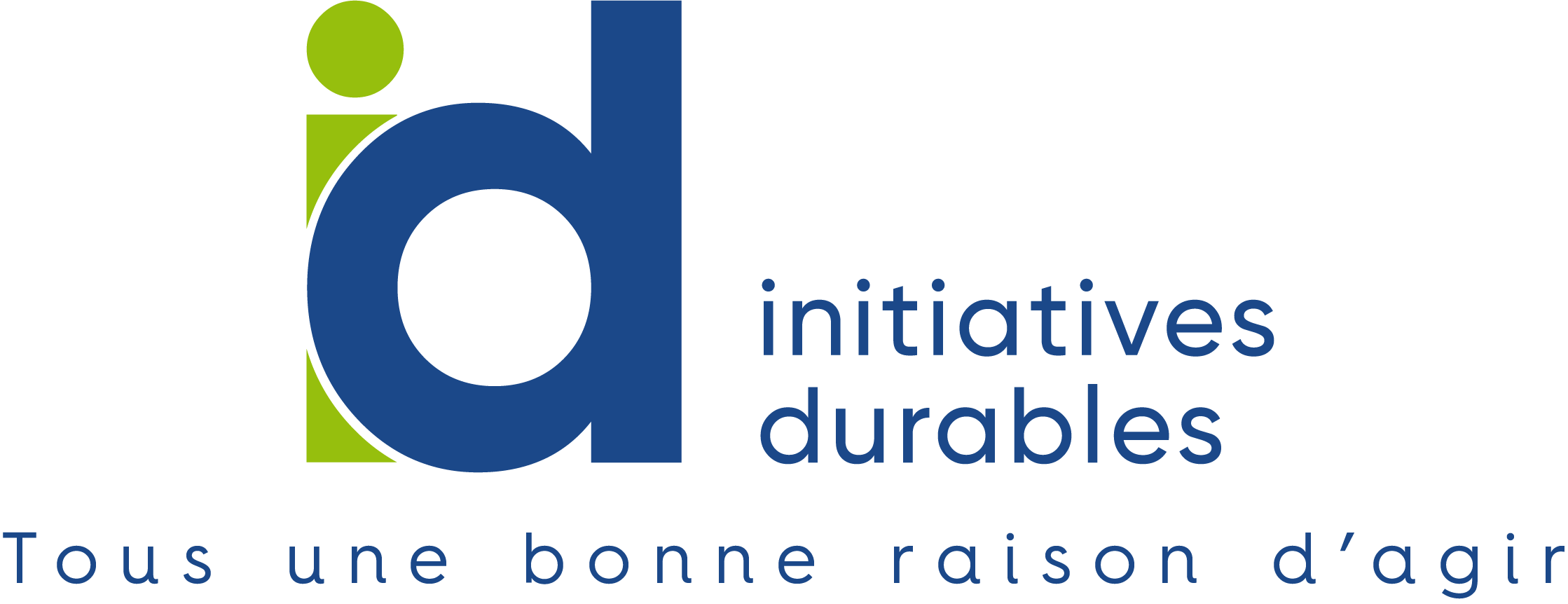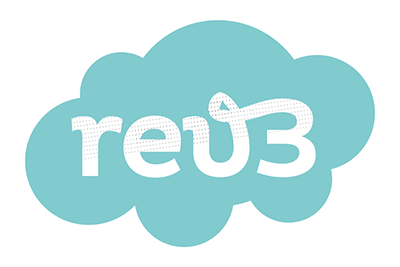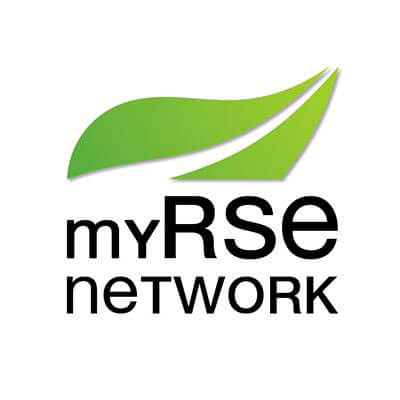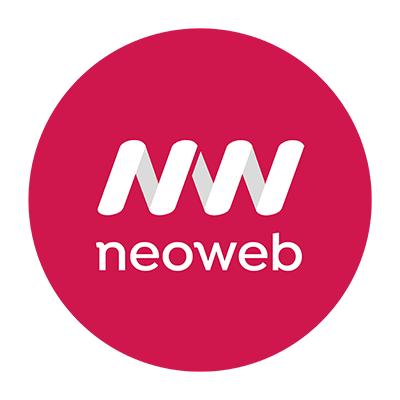In 2002, Antonio Meloto decided to change his life to benefit the poor by creating the Gawad Kalinga foundation, the name of which comes from Tagalog and signifies “to take care”
This non-profit organization aims to develop poor communities in difficulty in order to contribute to improving their life. This is a significant challenge in a country such as the Philippines, where one third of the population, close to 30 million people, live in unsteady conditions.
The success of this development model stems from the education of children, training adults and developing discipline as well as community solidarity.
